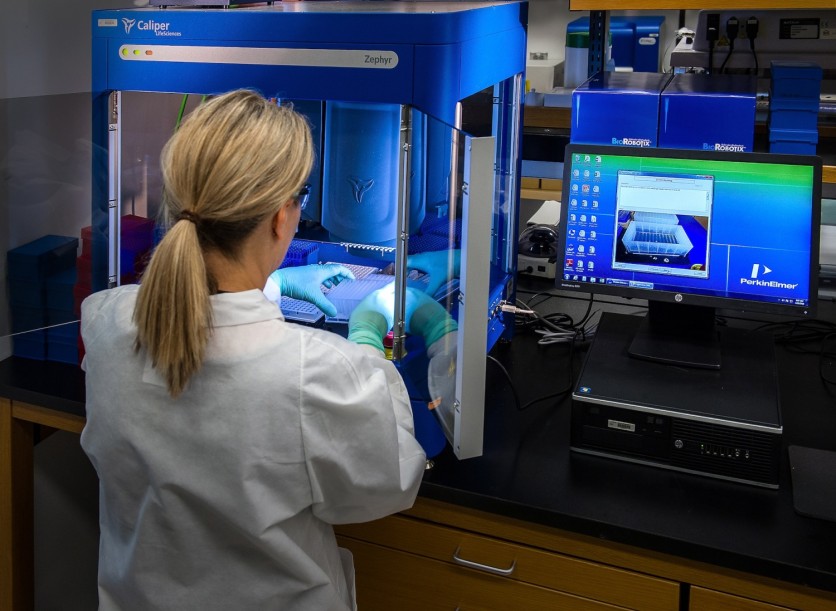
Product development is a process that involves several stages, from ideation to launch it also determines the success or failure of a product. One critical step in this process is concept testing. This process involves testing the product concept, features, and benefits with a target audience to determine their interest and satisfaction level.
For instance, Apple's Newton PDA, launched in 1993, was a commercial failure because it did not meet the target audience's needs. It was too bulky, expensive, and needed better handwriting recognition. If Apple had conducted concept testing, they would have realized these issues before launch and made the necessary improvements.
This article will discuss why concept testing is essential for successful product development.
Validating the product idea
Concept testing is an effective way to validate a product idea. It allows companies to gather feedback from their target audience about the product concept, features, and benefits. This feedback can help companies determine whether the product idea has potential and is worth pursuing. By validating the product idea early on, companies can save time and money by avoiding investing in products that do not have a high chance of success in the market.
Refining the product
Concept testing allows companies to refine the product based on feedback from their target audience. The feedback received during concept testing can help companies identify potential flaws in the product and make improvements to address them. This can lead to a better, more refined product that meets the target audience's needs.
Reducing the risk of failure
Concept testing can reduce the risk of product failure in the market. By testing the product concept with the target audience before launch, companies can identify and address potential issues before the product hits the market. This can prevent costly product failures and damage to the company's reputation.
Informing marketing strategies
Concept testing can also help companies determine their product's most effective marketing strategies. By gathering feedback from the target audience, companies can identify the key features and benefits that resonate with their customers. This information can be used to develop marketing strategies that effectively communicate the product's value to the target audience.
Understanding customer needs
Concept testing also provides insights into customer needs and preferences. By gathering feedback from the target audience, businesses can better understand their needs, pain points, and preferences. This information can be used to develop products that meet the target audience's needs and provide a better user experience.
Improving customer satisfaction
Concept testing can also lead to improved customer satisfaction. By refining the product based on feedback from the target audience, companies can develop products that better meet the needs of their customers. This can increase customer satisfaction, repeat business, and positive word-of-mouth recommendations.
Saving time and money
Concept testing can save companies time and money by identifying potential product issues early in the development process. This can prevent costly product recalls or redesigns and reduce the time taken to launch the product to market.
Enhancing innovation
Concept testing can also enhance innovation. By gathering feedback from the target audience, companies can identify unmet needs and develop products that address them. This can lead to new, innovative products that differentiate the company from its competitors and drive growth.
Also read: A Guide to concept testing in UX
In conclusion
Concept testing companies validate their product ideas, refine the product, reduce the risk of failure, inform marketing strategies, understand customer needs, improve customer satisfaction, save time and money, and enhance innovation. By investing in concept testing, companies can increase their chances of developing successful products that meet the needs of their target audience and drive growth for the company.
ⓒ 2025 TECHTIMES.com All rights reserved. Do not reproduce without permission.




